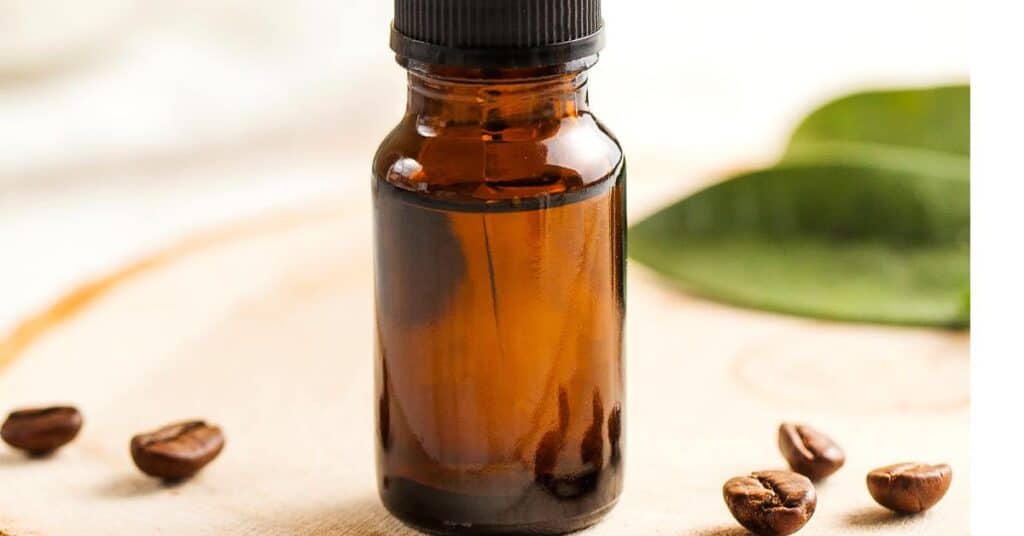
Coffee fruit extract is a natural product gaining popularity for its numerous health benefits. Derived from the outer layer of the coffee cherry, this extract contains a powerhouse of antioxidants and essential nutrients. Its unique properties make it a valuable addition to the supplement market.
Not to be confused with the traditional coffee bean, the fruit surrounding it holds a wealth of nutrients. Rich in polyphenols, vitamins, and minerals, it offers an array of wellness advantages, such as boosted cognitive functions and anti-inflammatory effects.
As research on this intriguing extract continues to grow, so does our understanding of its potential impact on health and well-being. Incorporating coffee fruit extract into one’s diet may yield remarkable outcomes, proving that sometimes, it’s what’s outside that counts.
What is Coffee Fruit Extract?
Coffee fruit extract comes from the fruit surrounding the coffee bean. It contains potent antioxidants, such as chlorogenic acid and ferulic acid. These antioxidants can provide various health benefits.
The extract is created by processing coffee fruit, typically using water extraction methods. The resulting product can be used in supplements, beverages, and other applications.
- Packed with antioxidants
- Derived from coffee fruit
- Made using water extraction
- Versatile in different applications
Benefits of Coffee Fruit Extract
Antioxidant Properties
Coffee fruit extract is packed with antioxidants. These compounds help neutralize free radicals, reducing oxidative stress. They also aid in preventing cellular damage and maintaining overall health.
Cognitive Function
This extract has been shown to boost brain health. It supports memory, focus, and general cognitive function. Additionally, it may help reduce the risk of age-related cognitive decline.
Heart Health
Coffee fruit extract is beneficial for heart health too. It helps lower blood pressure, reduces inflammation, and supports a healthy cardiovascular system. It can contribute to overall heart health and well-being.
Production and Processing
Harvesting Coffee Fruits
Coffee fruits, also known as cherries, grow on the Coffea plant. They are typically harvested by hand, either by picking the ripe cherries individually or using a strip-picking method to remove all cherries from a branch.
The harvest season varies depending on the coffee-growing region. In general, it can take anywhere from six to nine months for a cherry to ripen to the desired color.
Extraction Methods
There are two main methods for extracting coffee fruit: the wet process and the dry process. The wet process involves fermenting and washing the cherries, while the dry method uses sun-drying to remove the fruit’s outer layers.
The choice of extraction method affects the flavor and quality. Wet processing often results in a cleaner, fruitier taste, while dry processing gives a more earthy, robust flavor.
Usage and Applications
Dietary Supplements
Coffee fruit extract is a popular ingredient in dietary supplements. It is high in antioxidants, which help fight free radicals and inflammation. Some supplements use it for its potential brain health benefits. Additionally, it may have weight management properties due to its chlorogenic acid content.
Food and Beverage Industry
In the food and beverage industry, coffee fruit extract is utilized as a natural flavor enhancer. It adds a fruity taste to various products like energy bars, smoothies, and juices. Due to its high antioxidant content, manufacturers often highlight its health benefits in marketing efforts. Lastly, it can serve as a natural colorant in foods and drinks.
Potential Side Effects
Coffee fruit extract is generally considered safe for consumption. However, some individuals may experience side effects. These can vary depending on factors such as individual tolerance and the amount consumed.
In some cases, people might experience digestive issues. These can include symptoms like stomach upset, bloating, and gas. Ensuring proper hydration may help alleviate such discomfort.
Additionally, the extract may cause allergic reactions in those with sensitivity to coffee or related plants. Symptoms can include itching, redness, and difficulty breathing. If you suspect an allergy, seek medical attention immediately.
Finally, the caffeine content in coffee fruit extract may lead to side effects in caffeine-sensitive individuals. Potential issues include increased heart rate, nervousness, and sleep disturbances. It’s best to err on the side of caution and start with a low dose if you’re unsure how your body may react.
Conclusion
Coffee fruit extract is a natural byproduct of the coffee bean industry and is gaining recognition for its health benefits. Research shows antioxidant properties, potential cognitive improvements, and other wellness advantages.
While the extract has promise, more studies are needed to confirm these findings. As this industry grows, we can expect to uncover further insights into coffee fruit extract and its potential effects on human health.
